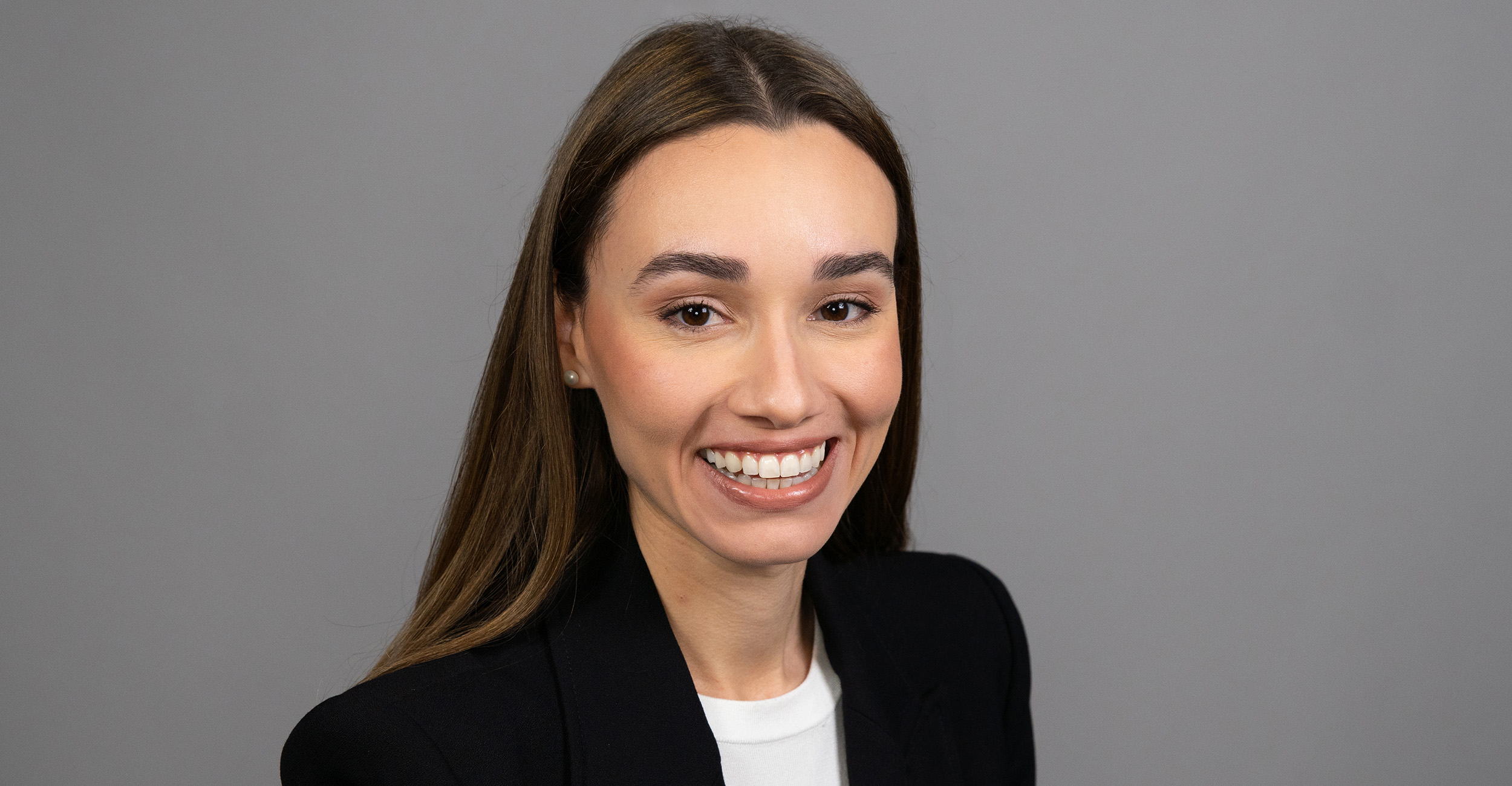
The cost of sleep loss: Spears professor studies daylight saving time impact on financial forecasters
Wednesday, December 4, 2024
Media Contact: Hallie Hart | Communications Coordinator | 405-744-1050 | hallie.hart@okstate.edu
How does your brain operate when you’re lacking sleep?
Perhaps you accidentally skip a step in your morning routine, or maybe you draw a blank on ideas for a project at work or school. The negative impact of sleep deprivation is real, and researchers in a number of disciplines have thoroughly documented the effects, frequently comparing the level of impairment to alcohol intoxication.
In this vast area of research, Dr. Carina Cuculiza conducted a groundbreaking study. Cuculiza, an assistant professor in the Spears School of Business Department of Finance, wrote the first paper describing the impact of sleep disruption on the information processing of individual financial forecasters. “Sleep Disruptions and Information Processing in Financial Markets,” co-authored with Dr. William Bazley and Dr. Kevin Pisciotta of the University of Kansas, won the 2024 Spears Business Best Paper Award.
Published in Management Science, this paper suggests the effects of sleep disruptions vary according to financial forecasters’ levels of experience and expertise.
“My co-authors and I believe that this is an important and underexplored area of the finance literature with many interesting avenues for future research,” Cuculiza said.
In this study, Cuculiza and her co-authors focused on one widespread sleep disruption: spring daylight saving time. Although many people dread the loss of an hour that comes with “springing forward” in March, most of the United States observe DST with Arizona and Hawaii as the exceptions.
Cuculiza analyzed U.S. data from Estimize, a platform where professional and non-professional financial analysts share forecasts. Cuculiza defines a “professional” as someone whose job revolves around financial forecasting, while “non-professionals” are independent investors or amateurs who delve into financial analysis as a hobby.
Her research indicates during the two days after spring DST, the forecasts of non-professional economic forecasters become an additional 18.3% less accurate relative to the forecasts of professional forecasters. This is a revelation because previous researchers had not documented substantial effects of DST on financial forecasts, but they looked only at overall market trends instead of examining differences among individual participants.
Cuculiza’s study suggests while professional forecasters can use their expertise to compensate for missing sleep, amateur market participants can’t fall back on that expertise, leading to disproportionately greater effects of sleep disruption.
Think of this analogy: seasoned musicians can play many songs by memory, so you probably won’t notice if your favorite band is running low on sleep at their concert. But if you’re an amateur musician who misses sleep the night before an audition, you might forget some words or notes.
Experience matters, and so does sleep.
“Specifically, sleep disruptions that arise from advancing clocks in the spring can negatively affect the cognition and information processing ability of individuals with less expertise,” Cuculiza said.
Cuculiza and her co-authors observed a similar pattern in financial forecasters from Brazil, where DST observers move their clocks forward during the U.S. fall season. By contrast, the researchers found no significant decline in accuracy for forecasts from Japan and South Korea. The forecasts from these two countries were recorded during the U.S. spring DST period, but Japan and South Korea do not observe DST, avoiding the sleep disruption many Americans face.
In the U.S., debate persists over whether to continue or eliminate the biannual practice, and many observers begrudgingly shift their clocks. Cuculiza said her research isn’t intended to advocate for or against DST, but it does offer new insight into the potential for human error when sleep disruptions occur. By focusing on the connections between individual human behaviors and financial markets, Cuculiza’s innovative research reveals subtleties that go unnoticed in overall market trends.
“I find behavioral finance to be interesting because it combines psychology, sociology, neuroscience and cognitive science with financial economics to better understand how people make financial decisions,” Cuculiza said. “This interdisciplinary approach provides rich insights that can help identify challenges that prevent individuals from making optimal decisions and lead to the development of policies and recommendations that promote better financial outcomes and increase welfare.”
